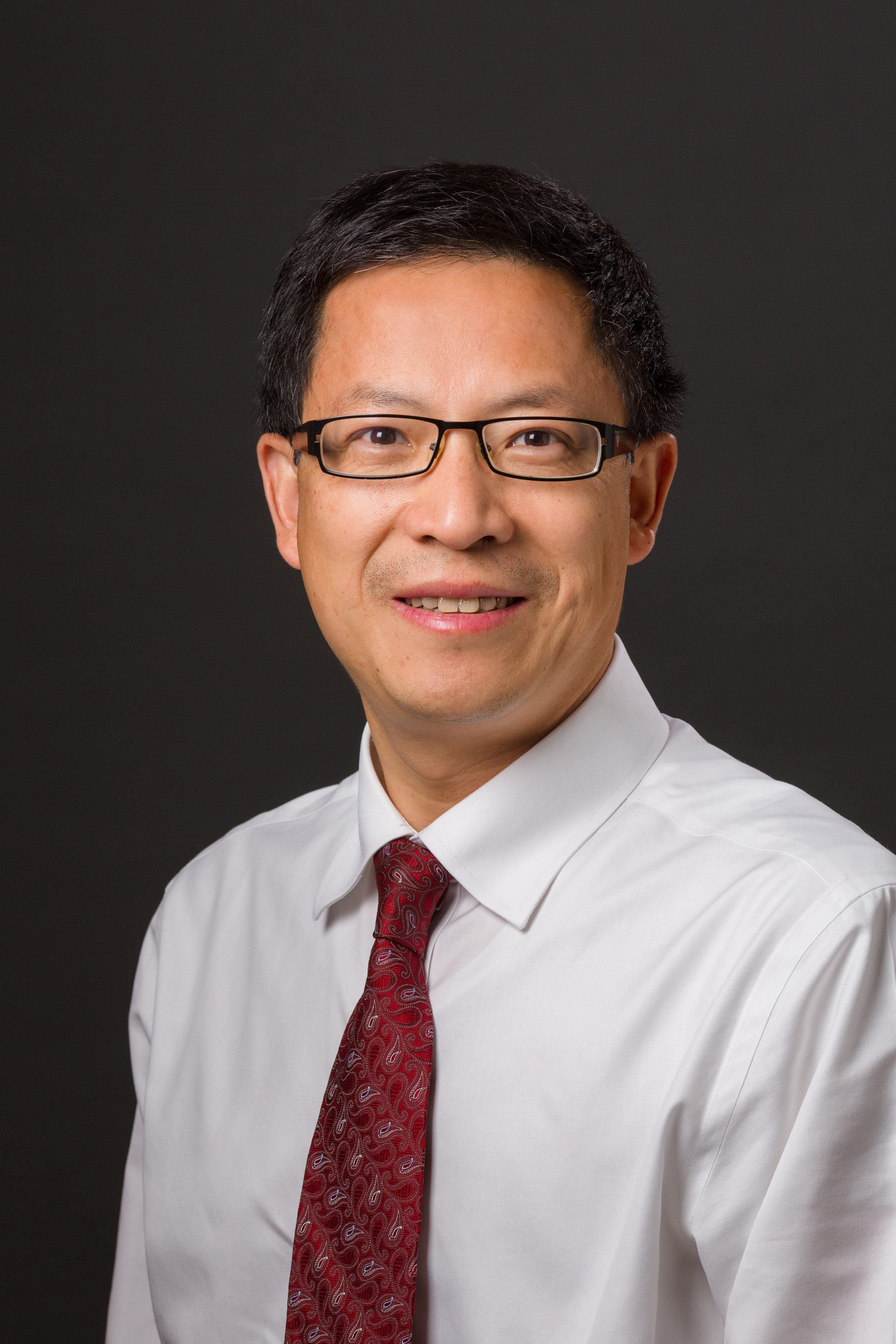
Monthly AI Seminar Synopsis: AI & Digital Twins for Precision Medicine
Seminar Summary for HBHI Workgroup on AI and Healthcare
The Hopkins Business of Health Initiative (HBHI) Workgroup on AI and Healthcare hosted Dr. Jun Deng, Professor of Therapeutic Radiology at Yale School of Medicine, for a seminar titled “AI and Digital Twins for Precision Medicine.” Drs. Tinglong Dai and Risa Wolf, co-chairs of the HBHI Workgroup, welcomed participants and introduced Dr. Deng as a distinguished expert in medical physics, digital twins, and AI applications in healthcare.
Seminar Presentation: AI and Digital Twins for Precision Medicine
Dr. Jun Deng provided a comprehensive overview of digital twins, defining them as dynamic, virtual replicas of individuals or organ systems that utilize multi-scale modeling and multimodal data. He stressed that digital twins are characterized by five essential traits, described as the “five I’s”: individualized, interconnected, interactive, informative, and impactful.
Dr. Deng described digital twins as distinct from traditional computational or AI-driven models, due to their bi-directional real-time connection with physical entities, allowing continuous synchronization and feedback. He emphasized the importance of Verification, Validation, and Uncertainty Quantification (VVUQ), which ensures reliability and accuracy in digital twin simulations.
He outlined several key healthcare applications of digital twins, including:
- Personalized Medicine: Individualized patient modeling to improve disease diagnosis, treatment decisions, and health outcomes.
- Clinical Decision Support: Real-time monitoring and predictive insights that aid clinical decision-making without increasing clinician workload.
- Biomarker and Drug Discovery: Virtual simulations for cost-effective, efficient discovery processes, reducing reliance on traditional experimental methods.
- Surgical Planning and Device Design: Virtual "what-if" scenarios enabling precise and adaptive surgical interventions, especially valuable for complex operations.
- Radiation Oncology: Real-time monitoring and adaptive radiotherapy planning using longitudinal patient imaging data (e.g., PET scans) to optimize cancer treatments and minimize toxicity.
- Hospital and Smart City Management: Digital twins applied at system or infrastructure levels to optimize workflows, resource management, and patient care pathways.
Dr. Deng presented specific examples from his research at Yale, including studies on radiation-induced tumor response modeling using longitudinal PET imaging data. His team developed a robust latent ordinary differential equation model capable of handling noisy, real-world clinical data to improve the accuracy of tumor response prediction, demonstrating significant progress over traditional modeling approaches.
He highlighted ongoing projects aimed at building comprehensive, patient-specific digital twins that integrate diverse multimodal data sources, such as clinical data from electronic health records, genomics, digital pathology, imaging data, wearable sensors, and patient-derived assays. These integrated models provide a holistic view of patient health, supporting personalized treatment pathways.
Dr. Deng addressed several significant challenges in digital twin research:
- Data Acquisition and Integration: Despite abundant patient data, challenges remain in effectively integrating diverse datasets across different sources due to inconsistencies, standardization issues, and data quality concerns.
- Multi-scale Complexity: Capturing dynamic biological processes from cellular to systemic levels is computationally challenging, necessitating simplified but sufficiently robust models.
- Responsible AI and Bias: Dr. Deng emphasized the necessity of proactively addressing bias through rigorous data validation and external benchmarking, ensuring the models remain equitable and fair across diverse patient populations.
- Computational Infrastructure: Highlighting the computational resources required for digital twin simulations, Dr. Deng underscored the need for robust, scalable computational infrastructure to support real-time clinical applications.
Dr. Deng envisioned a future where digital twins could become fully functional autonomous agents in healthcare, integrating advanced AI methodologies, such as transformer neural networks. These autonomous agents could provide real-time alerts, proactive recommendations, and continuously updated insights for clinicians, significantly enhancing decision support capabilities.
Discussant Reflections: Dr. Peter Greene
Dr. Peter Greene, Chief Medical Information Officer at Johns Hopkins Medicine, praised Dr. Deng’s detailed and accessible overview, noting the transformative potential of digital twins across healthcare fields. He referenced ongoing Johns Hopkins initiatives in perioperative care and radiation oncology as complementary examples, indicating interest in exploring collaborative opportunities with the Digital Twins for Health Consortium.
Dr. Greene and Dr. Deng engaged in a detailed dialogue regarding transformer neural networks, highlighting their applicability in extracting insights from electronic health records and medical imaging data. Dr. Deng elaborated on the promising role of transformer architectures, noting their capacity to generate meaningful clinical summaries, predictive analytics, and proactive clinical decision support.
Audience Q&A
Several critical questions from attendees were addressed:
- Practical Scalability of Digital Twins:
Dr. Tinglong Dai inquired about the feasibility of rapidly individualizing digital twins in busy clinical settings. Dr. Deng advocated for developing streamlined, automated tools that enable clinicians to individualize digital twins efficiently without overwhelming clinical workflow, emphasizing user-friendly interfaces and seamless integration into existing hospital systems. - Digital Twins in Drug Development:
Addressing student Bonnie Ku's question, Dr. Deng discussed the significant potential for pharmaceutical companies to leverage digital twins to simulate complex biological interactions and reduce the cost and time of drug discovery. He acknowledged that such applications remain highly competitive and somewhat proprietary within the industry. - Bias Reduction in AI Models:
Dr. Deng reaffirmed the critical importance of carefully validating data sources internally and externally to reduce biases, particularly emphasizing demographic representativeness to mitigate disparities in healthcare delivery. - Applications in Surgical and Cardiac Care:
Dr. Deng highlighted growing interest in applying digital twins to surgical planning and cardiac care, illustrating how in-silico simulations could substantially improve surgical outcomes by predicting complications or challenges preoperatively. He pointed out emerging collaborations and commercial efforts, such as the cardiac digital twin developed by companies like HeartFlow. - System-Level Digital Twins:
Dr. Greene and Dr. Deng briefly explored the concept of digital twins for entire hospital systems, noting their potential to optimize operational efficiency and patient care continuity across various medical and administrative processes, similar to existing smart city initiatives.
The session concluded with moderators Drs. Dai and Wolf expressing gratitude to Dr. Deng and participants, noting the promising trajectory and growing enthusiasm for digital twins in healthcare.
